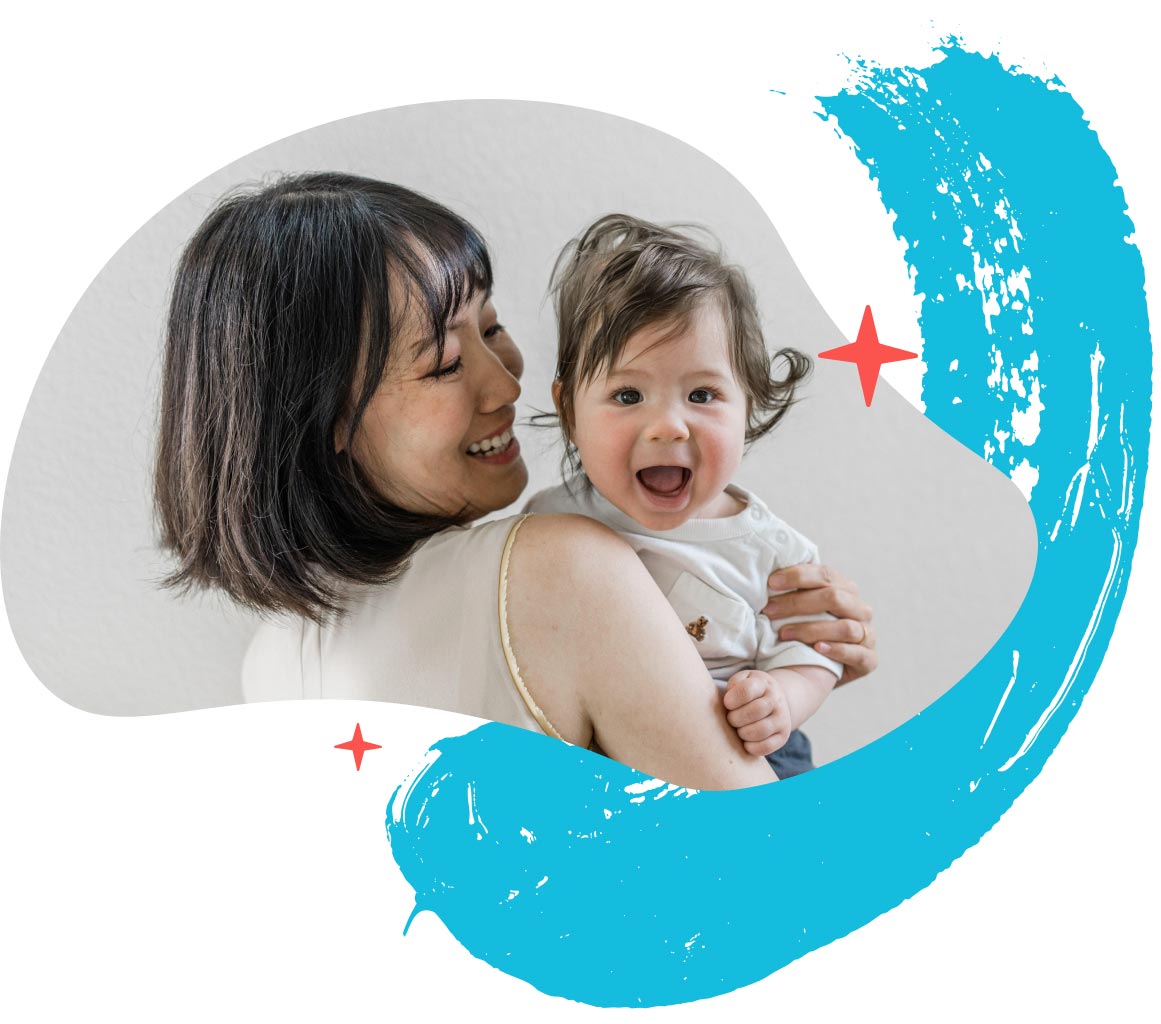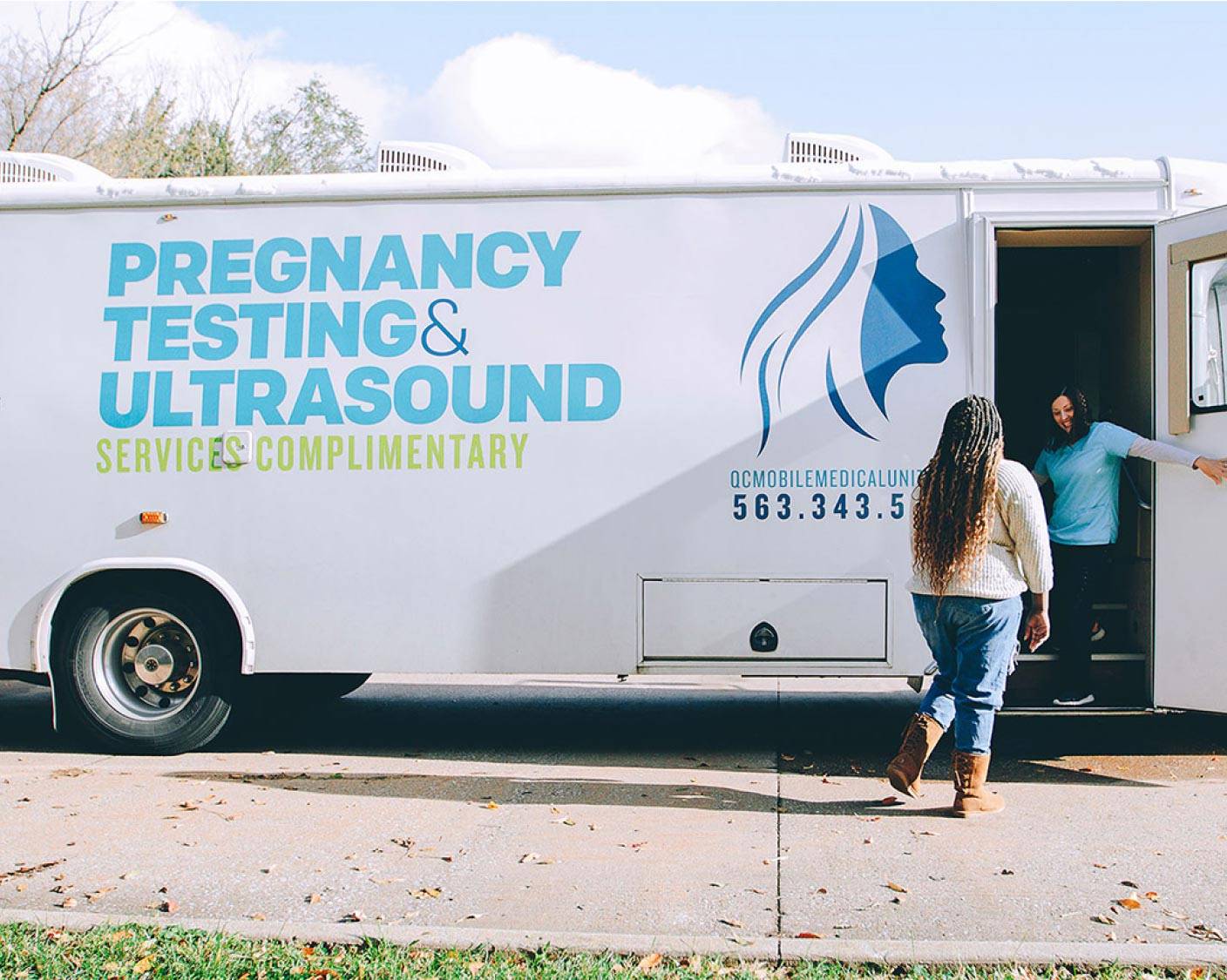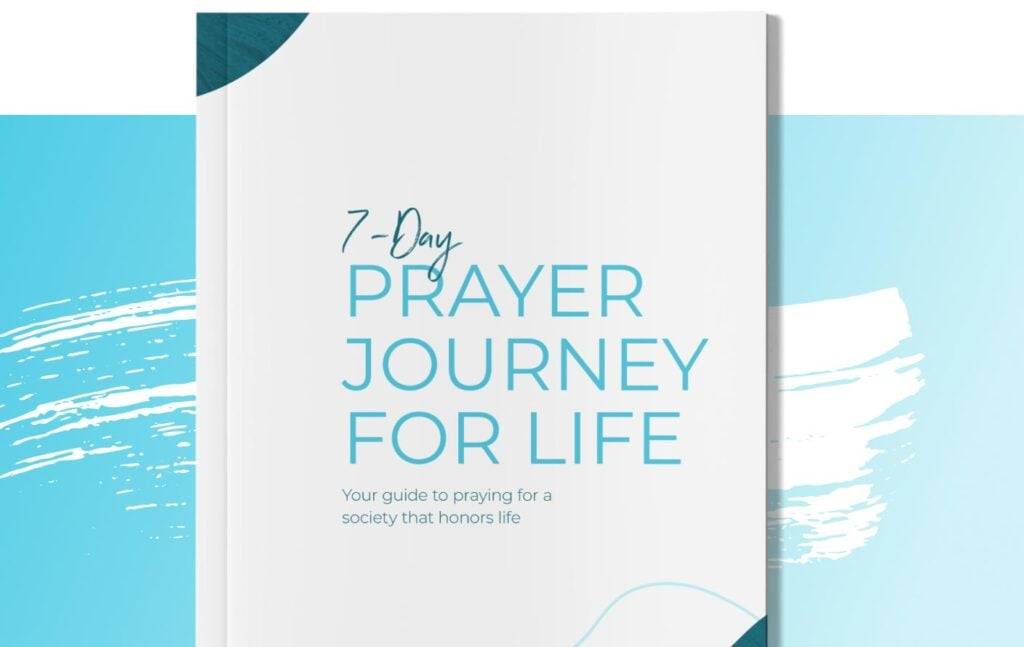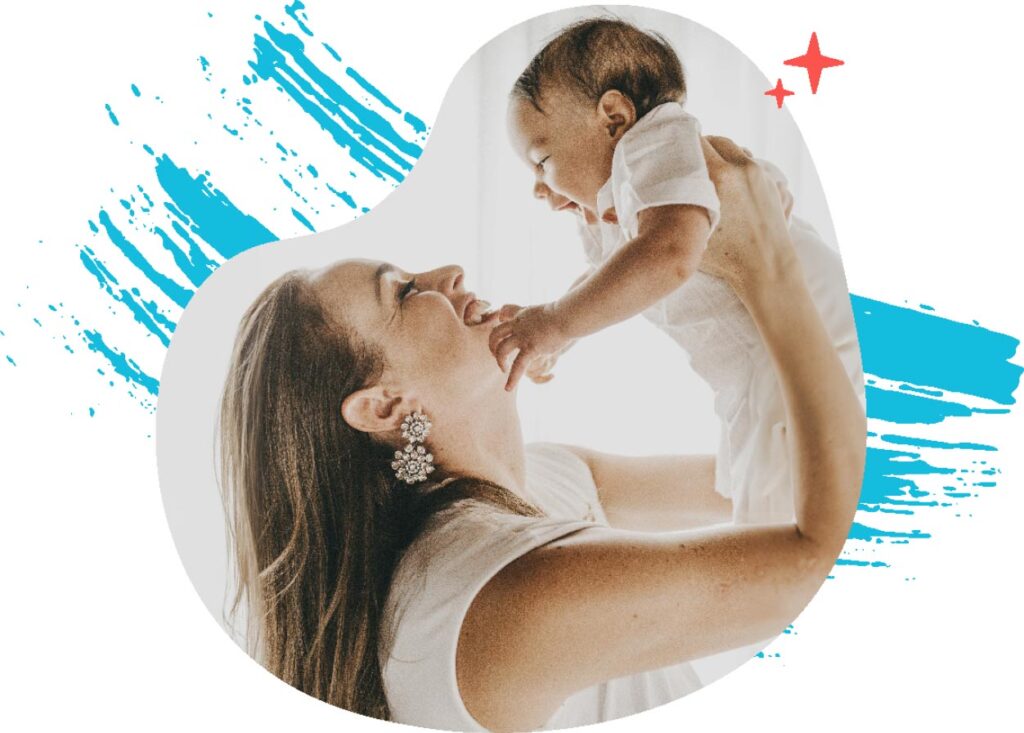For Life.
For Mom.
We empower women to choose motherhood by creating a community of support through resourcing pregnancy clinics, churches, and other local partners.
Your monthly gift will ensure more of our mobile medical clinics are there to provide women with top-notch pre-natal healthcare, absolutely free.


Let’s eliminate obstacles and provide equal opportunities for future moms everywhere.
Bringing the power of an ultrasound directly to women through mobile pregnancy clinics.

Elevating pro-life ministries through holistic support to increase their impact and reach.
Creating a compassionate pro-life, pro-mom narrative through the power of storytelling.
Stories of Impact

Our 100th Mobile Medical Clinic
In December 2023, Save the Storks launched it’s 100th Mobile Medical Clinic!

The minute I heard his heartbeat… everything changed – Beth’s Story
“Even though… abortion and being pro-life was always really big for me… I never had to really deal with those convictions until I was faced with the idea that maybe I wasn’t as pro-life as I always thought I was.”

Pregnant Facing Deportation – Rosliany’s Story
Having a child amid all the chaos seemed unfathomable, but she couldn’t afford the $800 it would’ve taken to have an abortion. She felt like she was “in hell” and that she “needed a sign.”
For Future Moms
Together, we’re making it easier to choose motherhood through encouragement and resources that redefine societal expectations.
100 Buses
have been built and delivered to pro-life partners making a difference in the lives of women.
$2 MILLION in Grants
have been given to PRC’s in order to equip and expand their reach.
119+ Partners
on a life-saving mission to help you reach more abortion-vulnerable women with holistic care and excellence.

7 Days of Prayer
Download this free guide and partner with us in praying for a society that honors life.
As Featured On






You can make a difference in her life.
Help women facing unplanned pregnancies overcome the barriers to becoming a mom.












